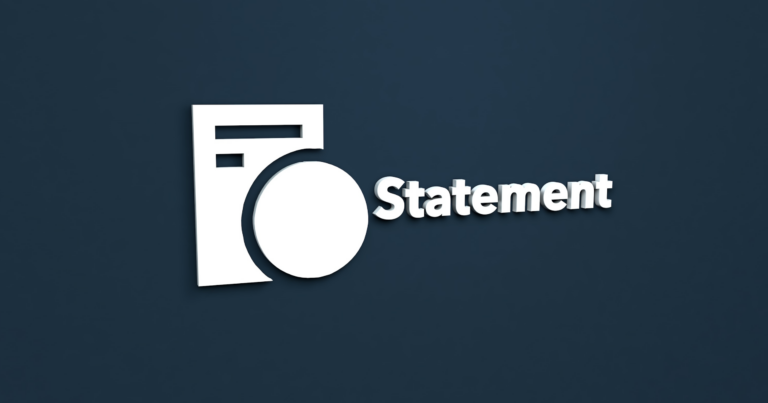Paul Broadbent, CEO of the Gangmasters Licensing Authority, discusses how the organisation will tackle abuses throughout the UK labour market.
It’s been a hectic time since Parliament passed the new Immigration Act in May – heralding significant change for the GLA. Aside from getting a new name, we’ll have an extended remit and an enhanced role. Sounds simple on paper doesn’t it? But, believe me, putting the blocks in place for all of that to happen has presented the organisation with a massive challenge.
Even now, we are working flat out with the Home Office to ensure we have the appropriate legislation and staffing levels to perform a massively expanded role as the Gangmasters and Labour Abuse Authority from April.
Background to the GLA
Though it’s fine for me to talk about changes, they will mean little to those not aware of the ‘old’ or existing GLA remit. So here goes …
Created in the wake of the Morecambe Bay cockle-picking tragedy, the GLA operates a robust licensing scheme to regulate companies or individuals who act as ‘gangmasters’. This somewhat archaic term refers to those providing temporary workers into agriculture, horticulture and shellfish gathering – plus any associated processing and packaging. So, harvesting fruit and vegetable crops, assembling flower bouquets, portioning chickens, making sandwiches, filleting fish, picking daffodils etc are all roles typically carried out by workers from a GLA-licensed agency.
We check our licence-holding gangmasters are compliant – operating legally and properly in terms of paying wages, tax and holiday pay plus the quality of transport, accommodation and safety equipment if they are provided. We also investigate reports of unlicensed labour provision in the UK fresh produce sector – a criminal offence carrying a prison sentence of up to 10 years. It is also an offence for those using the workers (farms, factories and pack houses) to enter into arrangements with an unlicensed provider. You can get up to six months in prison for this offence – so it pays to check our online public register.
Changes at the GLA
The new GLAA will investigate and tackle exploitation offences throughout the UK labour market. This means we can now look into cases of forced labour and human trafficking, which in the past we had to pass on to the police. But to allow this to happen, plenty more has been taking place behind the scenes.
The new GLAA will investigate and tackle exploitation offences throughout the UK labour market.
Firstly, as an ‘intelligence-led’ organisation, we have beefed up the team that gathers, assesses and develops information to identify cases of labour abuse. We have analysed patterns in the UK labour market and identified ‘at-risk’ areas – where exploitation is known to exist but where our limited remit has prevented from taking any action. These include: construction, warehousing, logistics, care homes, car washes, catering and hospitality.
We will also look into other labour market offences for the first time – such as failure to pay National Minimum Wage (NMW) and breaches of the Employment Agency Standards Act, plus forced labour and human trafficking.
Find out more
I have just started a series of seminars across the UK to explain these changes and how they might affect your industry. They are free but you will need to reserve your place as capacity is limited. For more information click here.
We need your help
The GLAA will not be able to operate without help. The industry is our eyes and ears. You can tell us about companies that bend the rules and flout the law. Your information is treated in the strictest confidence using the same intelligence model as the police and you can contact us online, by emailing intelligence@gla.gsi.gov.uk , by calling our intelligence team on 0115 959 7052 or anonymously and free on 0800 432 0804.



